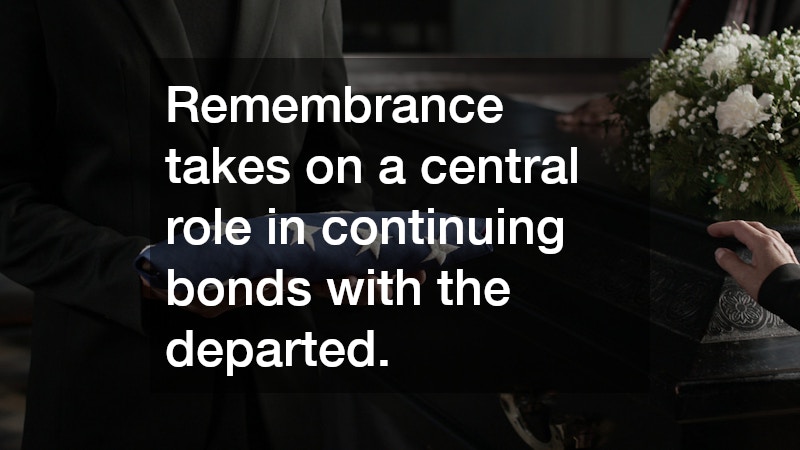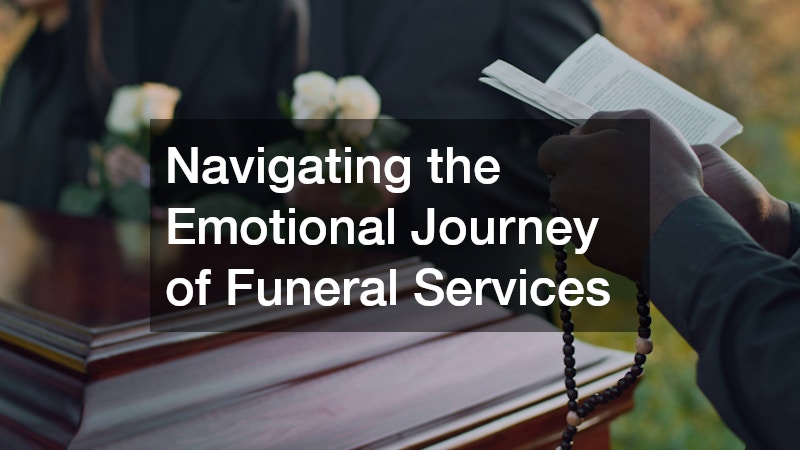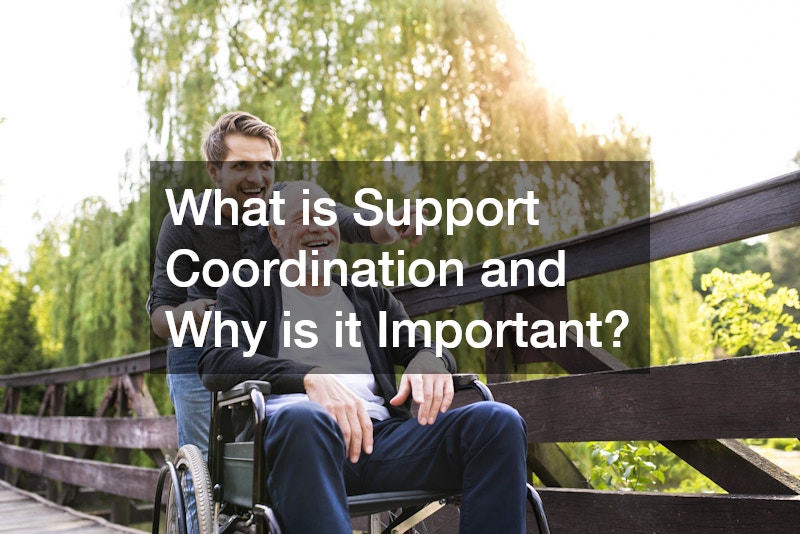The passing of a loved one is among the most profound and emotionally charged experiences one can face. In the midst of grief and loss, individuals are often called upon to make critical decisions that affect how a life is honoured and remembered. Funeral services play a central role in this journey, offering a structured and respectful way to say goodbye, support one another and begin the healing process. Understanding the emotional path tied to planning and attending a funeral can provide clarity and comfort during one of life’s most difficult times.
The Initial Shock & the Need for Support
The days immediately following a death are often marked by shock, confusion and a deep sense of disbelief. Even when the passing is expected due to illness or age, the finality can still feel sudden and overwhelming. During this initial phase, it is common for emotions to fluctuate rapidly—from numbness and denial to sadness and anger. Despite this emotional turbulence, important arrangements must be made and families often find themselves responsible for coordinating funeral services, liaising with professionals and informing extended friends and relatives.
This is a time when support systems are crucial. Leaning on close family, friends or grief counsellors can help alleviate the emotional and logistical burden. Funeral directors also serve as compassionate guides, offering expertise in planning while remaining sensitive to the grieving family’s needs. Choosing funeral services that reflect the personality, values and wishes of the departed provides an opportunity for mourners to express love, respect and remembrance in a meaningful way.
Creating a Personal & Meaningful Farewell
As the planning progresses, many people find that designing a personalised farewell becomes a deeply healing act. While traditional funeral services may follow a religious or cultural structure, more contemporary services allow for unique expressions—such as favourite music, visual tributes, readings or the sharing of stories and memories. These elements can transform a service into a powerful reflection of a person’s life and legacy.
The act of participation—whether through speaking at the service, preparing a photo montage or helping choose the location—gives loved ones a sense of agency and involvement. Rather than feeling passive in the face of loss, they are able to contribute to something that celebrates and commemorates. This shift from sorrow to celebration does not diminish the grief, but it does allow space for appreciation and gratitude amidst the pain.
The choice of venue also contributes to the emotional tone. Whether held in a chapel, a family home, a scenic outdoor setting or a dedicated funeral parlour, the right environment can offer comfort and resonance. Funeral services that are thoughtfully crafted often leave a lasting impression, not only on immediate family but also on the broader circle of friends and community members who attend.
Coping with Grief Beyond the Ceremony
While the service itself serves as a vital milestone in the grieving journey, the days and weeks that follow can be even more emotionally complex. After the departure of guests and the quiet return to daily routines, many bereaved individuals experience a deepening of grief. The structure and support that surrounded the funeral services may no longer be present, leading to feelings of isolation or emptiness.
Acknowledging these feelings is an important step. Grief is not linear and there is no fixed timeline for emotional recovery. Some find solace in continued rituals, such as visiting the grave, lighting a candle or marking anniversaries. Others benefit from grief counselling or support groups, where shared experiences foster understanding and healing.
In Australia, there is a growing awareness of the importance of aftercare. Many providers of funeral services now offer ongoing support and resources to help families cope in the aftermath. These may include grief literature, referrals to counselling or simply the offer to check in after some time has passed. Knowing that support extends beyond the service itself can ease the transition and reassure families that they are not alone.
Embracing Healing Through Remembrance
Over time, the sharp intensity of grief often softens into something quieter and more reflective. Remembrance takes on a central role in continuing bonds with the departed. This might include creating memory books, planting trees, hosting annual gatherings or participating in charitable causes that reflect the values of the person who has passed.
Funeral services can act as a foundation for this ongoing journey. By creating a respectful, heartfelt tribute at the outset, families can anchor their grief in a shared moment of farewell and remembrance. That moment becomes a touchstone—something to look back on as the emotional journey unfolds.
In the end, navigating the emotional terrain of funeral services is not just about saying goodbye; it’s about honouring a life and learning to carry the memory forward. Amidst the sorrow, there can also be beauty, connection and healing. While no ceremony can erase the pain of loss, a thoughtful and compassionate farewell can bring peace to those left behind and dignity to the life that was lived.
.




